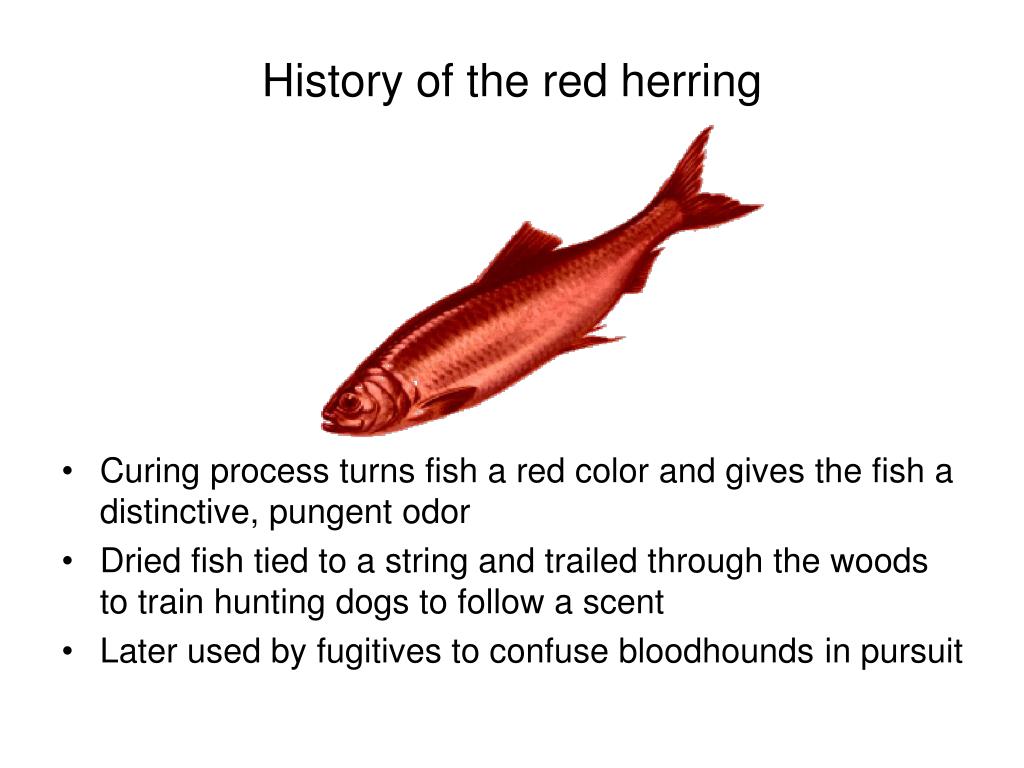
We're not talking about someone merely using a word that doesn't mean what they think it means, like Vizzini in The Princess Bride this is about using a definition, or claimed definition, to actually prove a point. Lewis Carroll in Through the Looking-Glassīecause teachers will have inevitably told everyone, at some point in their lives, to look up what words mean in the dictionary, they seem to have taken on a quasi-mythical status as arbitrators in arguments. "When I use a word," Humpty Dumpty said, in rather a scornful tone, "it means just what I choose it to mean-neither more nor less." About 91.3% of arguments on the Internet tend to boil down to this.ĭictionary editors are historians of usage, not legislators of language. It's very closely related to equivocation and doublespeak. It is a form of argument from authority combining attributes of a red herring argument and, frequently, special pleading.

See, we've had to head off one use of this fallacy already in case someone says, "It's not this fallacy because I'm not using a dictionary!" For the most part, "dictionary" is used as a short-cut to refer to any source of these definitions, including statement such as "well, if I define X like this…", which is possibly the most asinine form of the fallacy. More broadly speaking, it can refer to any argument about definitions, semantics, or what label to apply to a person or idea - an actual dictionary may not be involved, sometimes the definition is purely personal, sometimes it can be a case of picking and choosing definitions raised by other sources, but the end use is the same.

Bill Clinton - possibly the most egregious example Īrgumentum ad dictionarium is the act of pulling out a dictionary to support your assertions. “ ”It depends upon what the meaning of the word "is" is.


 0 kommentar(er)
0 kommentar(er)
